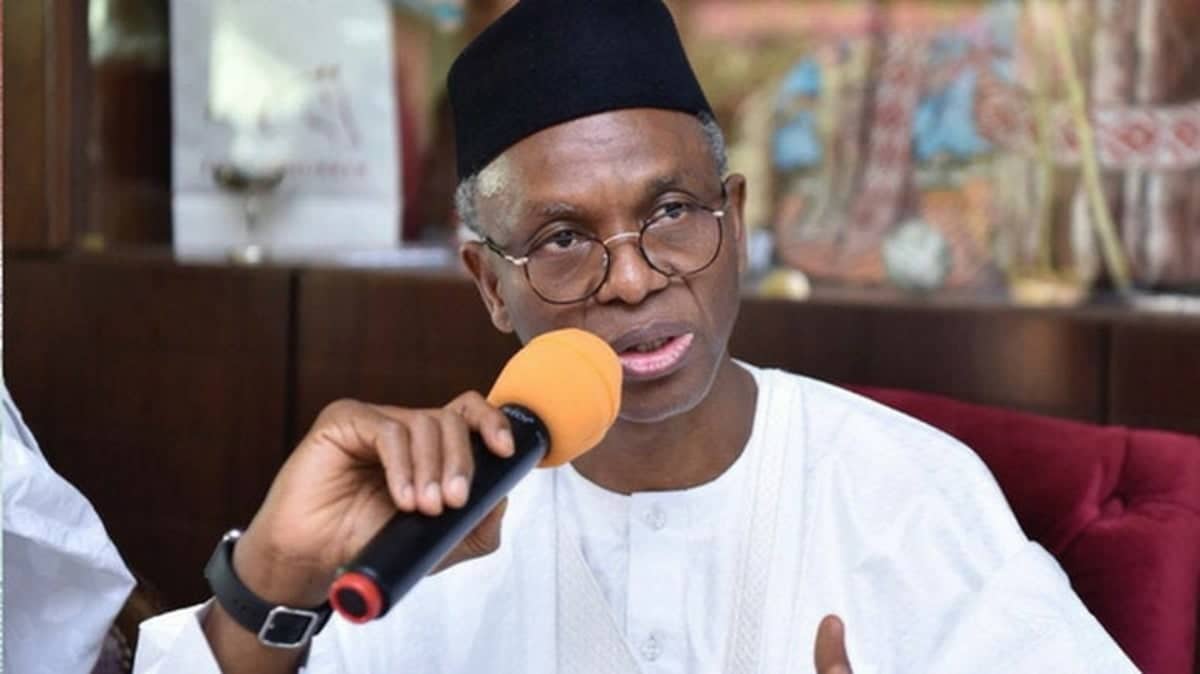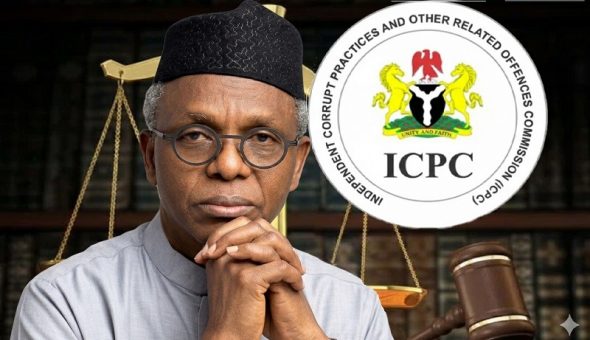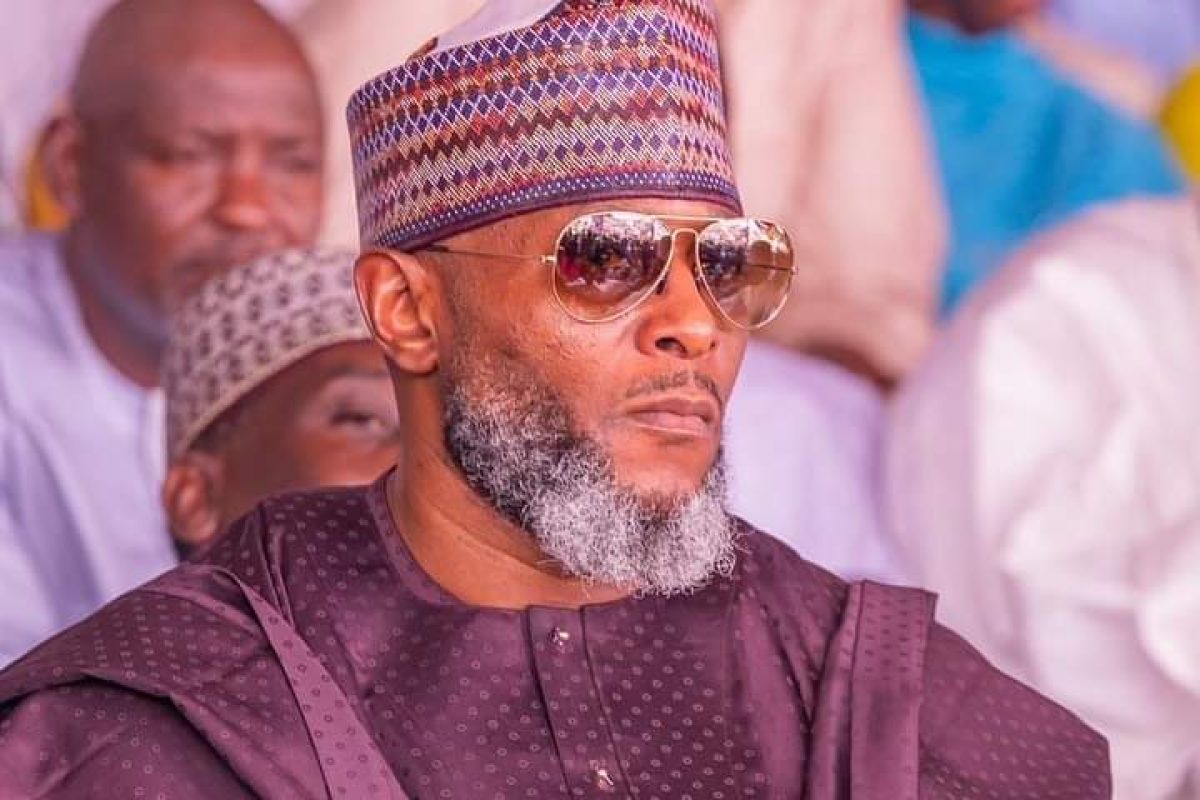Presidential election court to set rules for trial
The Presidential Election Petition Court in Abuja has concluded its pre-hearing session on Atiku Abubakar and Peter Obi’s petitions challenging Bola Tinubu’s victory.
The court, which had its inaugural sitting on 8 May, heard preliminary issues concerning the petitions for two weeks before it ended on Monday.
Atiku Abubakar of the Peoples Democratic Party, Peter Obi of the Labour Party and the Allied Peoples Movement (APM) are all challenging the election of Mr Tinubu at the court.
At the end of Monday’s proceedings, a five-member panel of the court headed by Haruna Tsammani said it would, on Tuesday, issue a report detailing how hearing of the substantive petitions would be conducted.
The ruling will detail how the next phase of the case, which is trial, will proceed.
Parties in the cases, including the Independent National Electoral Commission (INEC), have all made proposals as to the number of witnesses and documentary evidence they intend to bring to aid their cases. The proposals also included time allotment for witnesses
Earlier on Monday, the court also took arguments from lawyers to parties concerning the possible consolidation of the three remaining petitions.
Mr Tinubu and the APC opposed the court’s suggestion of harmonising the petitions.
The president-elect, whose inauguration is only seven days away, argued through his lawyer, Akin Olujinmi, that consolidating the suits would render the proceedings “unwieldy,” thereby jeopardising the “interest of justice.”
But other parties in the suit – INEC, PDP, LP and APM – left the issue to the court’s discretion.
Effect of live broadcast of proceedings unpredictable
Ruling on two but separate requests by Atiku and Mr Obi for a live broadcast of proceedings in their suits, the court held that the live broadcast of the hearing would add no value to the petitioners’ case.
The panel’s chairman, Mr Tsammani, said the only value of the application to televise the proceedings “is the mere sentimental claim (by Atiku and Mr Obi) that it will benefit the voters that voted” during the presidential election on 25 February.
Referencing section 36 of the constitution, which provides for proceedings of court to be heard in public, Mr Tsammani said, “It does not mean…the court must sit in a stadium or market square.”
He explained that conducting court sittings in public “is not more than holding same in a place designated as a court while the parties, their counsel, witnesses and members of the public including the press can have unhindered access.”
Dismissing the request, the court declared that “the request of televising of court proceedings is novel and has no utilitarian value. Televising of court proceedings is not provided for in any of our laws.”
Toeing Mr Tsammani’s lead decision on the application, a member of the panel, Misitura Bolaji-Yusuf, said, “Allowing cameras in the courtroom for live televising of proceedings is a major judicial policy, which must be provided for by law or rules of court.”
Ms Bolaji-Yusuf noted that the court was in search of justice and “must avoid all extraneous influences which may increase tension inside and outside the courtroom.”
She held that televising the court’s sessions might have an “adverse effect on fair trial as guaranteed by the (Nigerian) constitution.”
Also Read: Presidential election court rejects calls for live broadcast of proceedings
The justice added that “no one can predict or guarantee the effect of the presence of camera in the courtroom on the witnesses, counsel…during or after the proceedings.”
“The avoidance of trial by the ordeal of camera better serves the interest of justice in this case,” Ms Bolaji-Yusuf held.
Meanwhile, Atiku’s legal team has said the ruling barring live broadcast of the proceedings would not constitute a setback to its client’s case.













